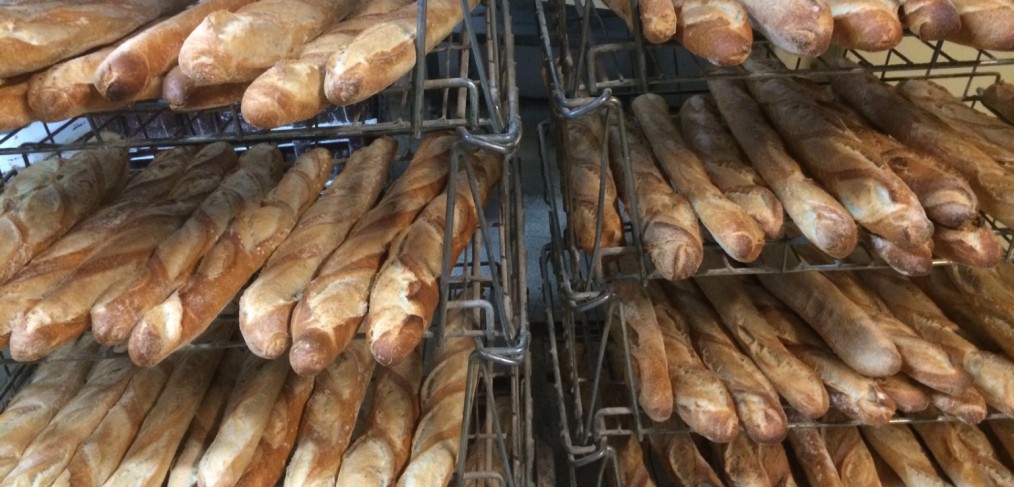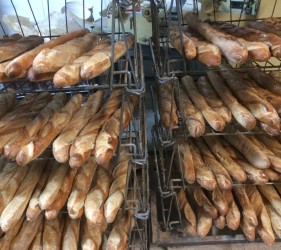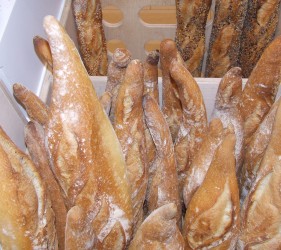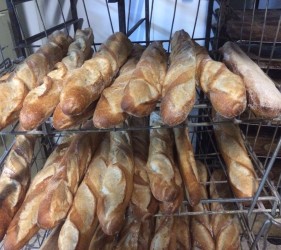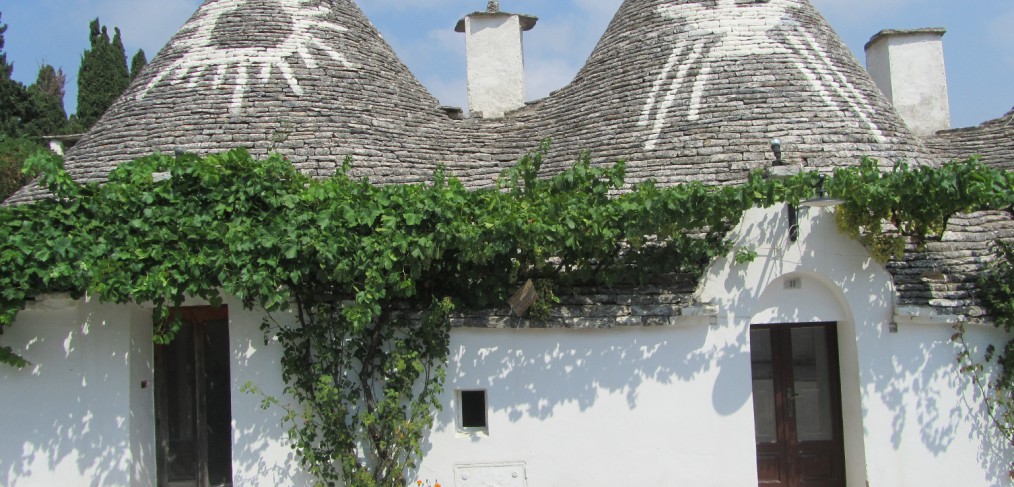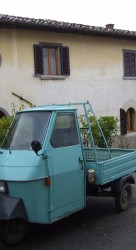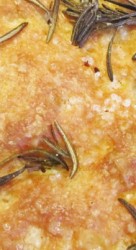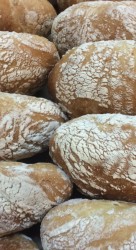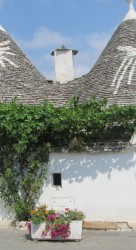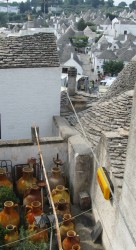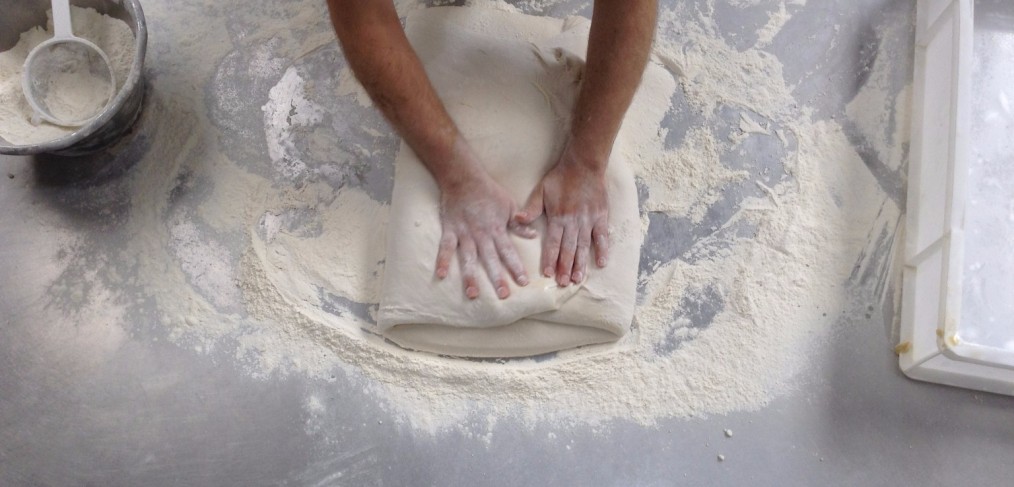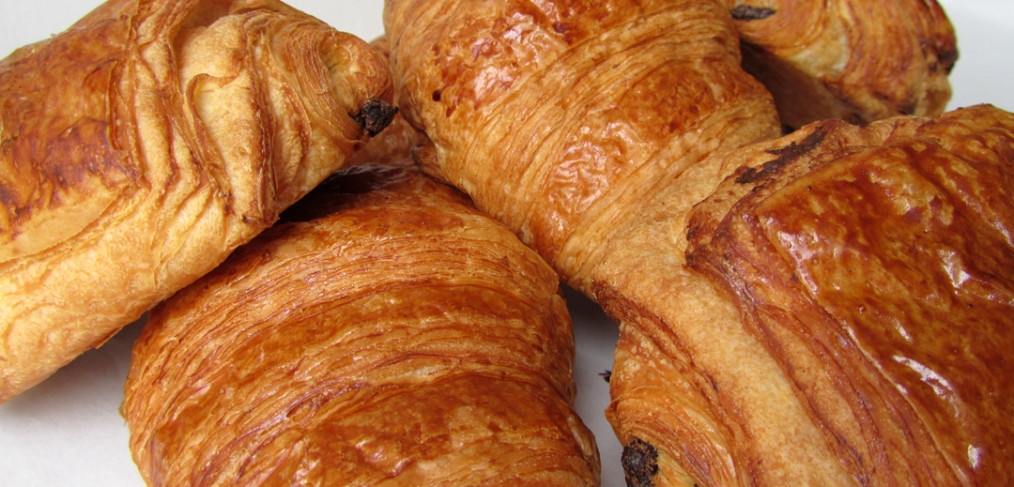What exactly is artisan bread? You probably hear or see the term in your local supermarket but the true definition is that it is made by someone with a craft or skill in producing this specific product. In regards to bread – it is a skilled and experienced baker in the craft of bread-making. Something made in small quantities and a far cry from prepackaged supermarket loaves.
Many people think artisan bread ultimately comes down to the texture and colour. It’s by these two features that attract #breadlovers to artisan bread but it doesn’t exactly make it #artisan.
Throughout the centuries, bread has taken on many guises, recipes and results. But artisan #realbread brings us all a gourmet experience which satisfies our hearts and stomachs (and also can bring up nostalgia!).
Made by a craftsperson using largely and predominately traditional techniques, the concentration is on on the core processes involved in producing the bread, including the ingredients, mixing, fermenting and baking processes.
Skill and knowledge are integral to making artisan bread. High quality ingredients has to be conjoined to a experienced and passionate baker who knows how to use them. Quality ingredients are mixed, slowly fermented, hand shaped and then baked in small batches.
Perfecting a craft like this is developed over time and is ultimately a life-long learning process which has been passed down generation to generation. Special attention is taken to each batch – returning to the process and fundamentals of the age-old bread making tradition.
The consumption of artisan breads continue to climb and with it so does our ever-expanding passion to provide the ultimate artisan experience with #realbread.
Provide your customers with the artisan experience – Are you a cafe, venue or restaurant looking for a local supplier of fresh baked ciabatta, sourdough and other artisan breads? Dolce Forno delivers freshly baked artisan breads and pastries within Hertfordshire, St Albans, Surrey, Berkshire, London and Buckinghamshire.
We offer sample trays of our artisan breads and pastries…
Call our team at Dolce Forno Breads on 01727 762 456 or alternatively email contact@dolceforno.co.uk to find out more about our craft artisan bakery and breads delivery services.

![Artisan Bread [acf field="location"]](https://www.dolceforno-breads.co.uk/wp-content/uploads/2016/10/IMG_8177-1014x487.jpg)
